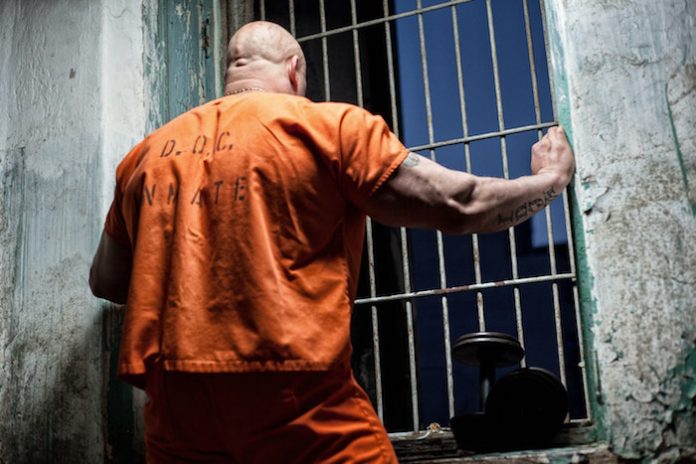Do you have two previous and separate violent felony convictions and now you’re facing a third violent felony charge? Under Florida law, if you’re convicted, the judge will be legally obligated to impose a more severe sentence than the standard sentencing guideline for that crime, thanks to the state’s “three strikes” rule.
According to a criminal defense attorney from Florida’s The Law Firm, felonies in this state are classified as first-, second-, or third-degree felonies. There are also capital felonies, which is punishable by the death penalty. If you’re convicted of three felonies, you could be sentenced to a long prison term.
This does not automatically mean you face a life sentence or the death penalty. But it is still very serious, and these cases require the best legal representation possible.
The “Three Strikes and You’re Out” Rule
Rising crime in the early 1990s sparked a legislative furor to crack down on repeat felons, especially violent felons. Lawmakers lobbied for harsher penalties for repeated criminal convictions in order to reduce crime. These resulting laws came to be known as the “three strikes” laws, and they are still largely on the books.
Three strikes laws remain controversial. They come from a broader category of criminal sentencing known as “mandatory minimums,” in which a law passed by a state legislature or US Congress forces judges to impose minimum sentences. When defendants are convicted of certain violent crimes or those involving serious drug dealing or firearms, this rule applies.
Crime, and again, particularly violent crime, did go down dramatically in the years since the three strikes laws went into effect. Whether or not the drop in crime can be directly attributed to the harsh three strikes laws is still up for debate. Some claim the evidence does not support three-strikes law as a crime deterrent.
Whether or not a law is fair is less the issue than how that law applies to you. So, if you have been convicted of two felonies in Florida, what happens if you get hit with a third felony conviction?
Florida Criminal Law for Repeat Violent Offenders
Until several years ago, Florida had a “10-20-life” law that mandated minimum sentences of 10, 20, and 25 years to life, respectively, for certain categories of violent crimes. That law was repealed in 2016, but the basic three strikes law does remain on the books.
It’s important to note here that this only applies to violent crimes. If you’ve been convicted of two separate wire fraud felonies, your third felony, even if it is a violent felony, will not necessarily land you a much higher sentence than if you have two violent priors.
Likewise, the three strikes law also requires that the violent felonies for which you were previously convicted are separate cases. If you were convicted of two different violent felonies at the same time for the same crime, then the three strikes law also may not apply to you.
Don’t Go It Alone: You Need a Good Attorney
If you’ve been charged with your third felony, it is highly advisable in Florida in a case like this to not rely on the public defender, but instead to seek outside legal counsel. Hiring a qualified criminal defense attorney with a proven track record is absolutely essential to ensure that you see fair and reasonable justice inside the courtroom.
Your lawyer cannot control the sentencing itself; that comes down to the legal minimum requirements in addition to the judge’s discretion. However, your lawyer will be absolutely critical to your trial. They may be able to get the charges reduced or even to get them dropped.
Because of the severe nature of the mandatory minimum sentencing for a third-time violent felony conviction, the time to make your case is during the trial itself. Recent studies have shown that in Florida, you have a better chance of avoiding a conviction if you retain your own counsel, rather than rely on the court-appointed public defender.
With consequences as serious as those you may be facing when confronted with a third violent felony charge, you shouldn’t take any chances. You need the best legal representation you can afford, because your future is on the line.
Find a Home-Based Business to Start-Up >>> Hundreds of Business Listings.

















































